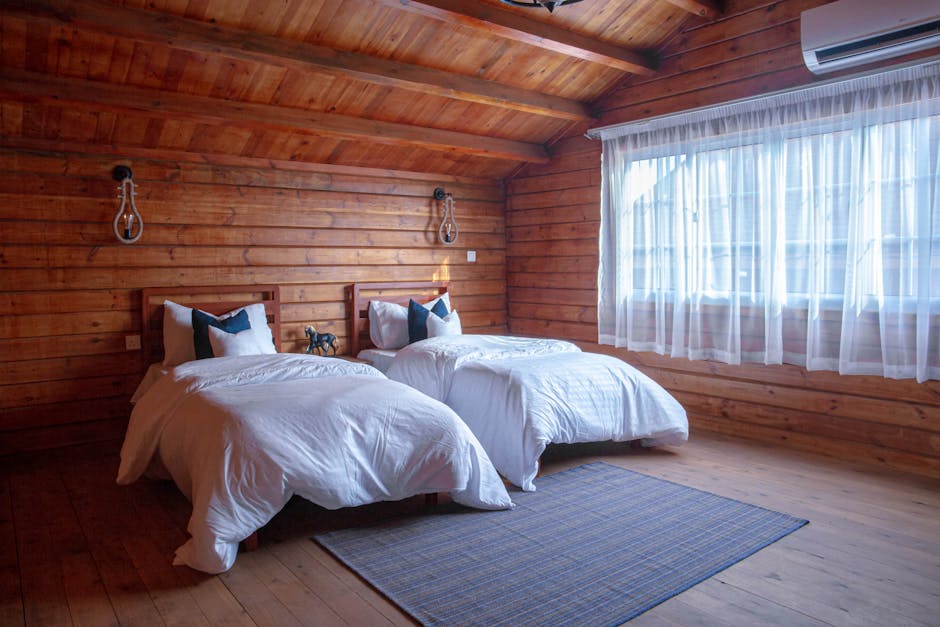Bed and breakfasts have long held a certain charm, conjuring images of cozy rooms, homemade breakfasts, and friendly hosts. But beyond the quaint facade, there's a whole world of data that reveals surprising trends and insights into this unique hospitality sector. This report delves into some of these statistics, exploring the evolving landscape of bed and breakfasts and what they mean for travelers.
One of the most significant trends is the increasing popularity of bed and breakfasts among younger generations. Millennials and Gen Z travelers are increasingly seeking out authentic and personalized experiences, and bed and breakfasts offer a welcome alternative to standardized hotel chains. This shift is driven by a desire to connect with local communities and discover hidden gems off the beaten path.
Another surprising statistic reveals the growing preference for bed and breakfasts in urban areas. While traditionally associated with rural escapes, bed and breakfasts are popping up in cities, offering a unique and intimate way to experience urban life. These urban B&Bs often provide a more personalized and less expensive alternative to traditional city hotels.
Technology has also played a significant role in the evolution of bed and breakfasts. Online booking platforms and social media have made it easier than ever for travelers to discover and book unique B&B experiences. This has led to increased competition and a push for innovation within the sector.
Sustainability is also becoming a key factor for many bed and breakfast operators. Many B&Bs are adopting eco-friendly practices, such as using locally sourced ingredients, reducing waste, and implementing energy-efficient measures. This focus on sustainability aligns with the values of many travelers who are increasingly conscious of their environmental impact.
The average length of stay at a bed and breakfast is also changing. While previously associated with weekend getaways, data suggests that travelers are now booking longer stays at B&Bs, often combining work and leisure. This trend reflects the increasing flexibility of remote work and the desire for more immersive travel experiences.
The economic impact of bed and breakfasts is also noteworthy. These small businesses contribute significantly to local economies, supporting jobs and providing revenue for surrounding communities. This makes them an integral part of the tourism landscape in many regions.
Ultimately, these statistics paint a picture of a dynamic and evolving industry. Bed and breakfasts are adapting to changing traveler preferences, embracing technology, and prioritizing sustainability. For travelers, this means a wider range of choices and the opportunity to experience a more personalized and authentic style of travel.
